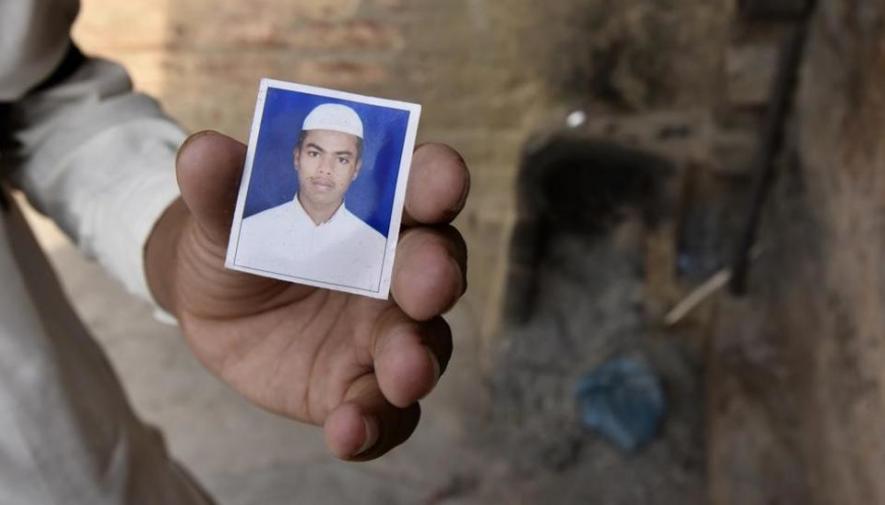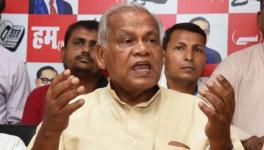Punjab and Haryana High Court Stays Trial Court Orders on Junaid Lynching

The Punjab and Haryana High Court has issued a stay on the trial court’s order in the Junaid lynching case. Earlier, on November 27, the trial court which was hearing the case of the teenager Junaid, who was lynched on a Delhi-Mathura train, had dismissed the petition of Junaid’s family seeking a CBI probe into the incident.
Hearing a plea against the order, the division bench of the High Court comprising Justice Rajesh Shekhar Atrii and Mahesh Grover has asked the CBI and the Haryana government to look into the petition of Junaid’s family seeking a CBI probe in the matter. The High Court has adjourned the trial court proceedings till January 11.
Junaid’s family had earlier appealed to the Faridabad sessions court, demanding a CBI probe in the matter as they believed that the investigation had not been done properly and hence the perpetrators were getting bail easily. But the court dismissed this plea stating that the petition lacked substance, and does not have enough evidence to show that the investigations are not being done honestly. While dismissing the petition the trial court judge also said: “grievance of the complainant regarding non-inclusion of additional accused or omission of certain offences cannot be a ground for transfer of investigation to CBI, that too after proceedings have made some headway”.
Against this order, the lawyer of Junaid’s family appealed to the High Court. The lawyer claimed that the attack on Junaid and his cousins was a result of deeply rooted communal hatred and it might have been a planned act but the trial court judge has not taken these facts into consideration while dismissing their petition. The victim’s family also says that the charges of promoting religious enmity and making statements conducive to public mischief were removed from the investigation which made the case weak.
Talking to Newsclick on the issue, Harsh Mander who is a human rights activist and has been working on the issue of communalism, said:
“In most cases of lynching, it has been seen that the government and its agencies are trying to either make the cases weak or dismissing them all together. It can also be seen in all the major cases like those of Pehlu Khan and Akhlaq that the victims themselves are being made to look like criminals instead of the perpetrators. The only positive in the case of Junaid is that at least here he is not being presented as the guilty party. But there is constant pressure on the family to withdraw the case."
In June this year Junaid a 16-year-old was stabbed to death while he was returning from Delhi on a Delhi-Mathura train. It is alleged that the attack happened after a small dispute on seats in the train, after which the mob attacked Junaid and his two other cousins while hurling communal abuses against them. Junaid had been stabbed several times before he died and his body was dumped at Asaoiti Village near Faridabad. In October too, it was alleged by the trial court judge that the lawyer of the main accused was being helped by a public prosecutor in the case.
Get the latest reports & analysis with people's perspective on Protests, movements & deep analytical videos, discussions of the current affairs in your Telegram app. Subscribe to NewsClick's Telegram channel & get Real-Time updates on stories, as they get published on our website.
























